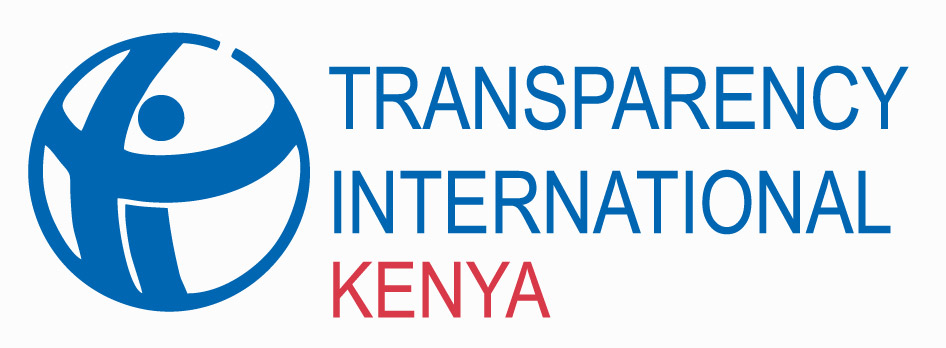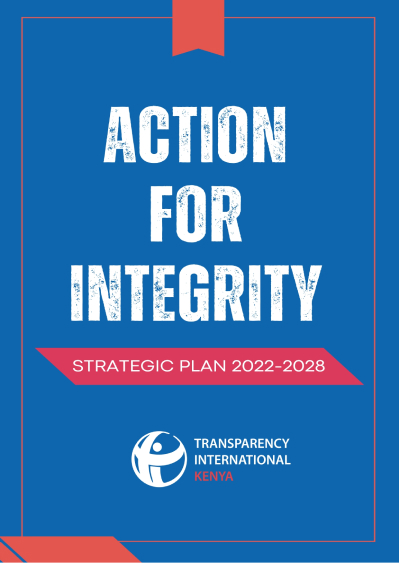This year’s 9th international conference on the use of ICT for development(ICT4D) took place in the Indian city Hyderabad. The choice of the venue mirrors how ICT investments can lead to growth and development as it now serves as one of India’s great hubs of technology, pharmaceutical and biotechnology industries. It is also India’s’ fifth-largest contributor to its overall gross domestic product within just 20 years and the state Telangana showcased their impressive plans to connect all citizens to the net within the next years.
The conference attracted more than 800 participants from over 300 organizations from 76 countries. The presentations, discussions, and panels were on how international development organizations use ICT solutions in the context of their work and how big data can revolutionize decision-making processes. This year’s conference focused on how to use data to accelerate achievement of the United Nations’ Sustainable Development Goals – creating a healthy, prosperous and just world, harnessing the power of data to accelerate progress towards achievements of the SGDs and increase the impact of programs.
With the support of MAVC, Transparency International Kenya was able to present its collaborative, digital solutions to empower citizens and against corruption through two complaints referral systems; Uwajibikaji Pamoja and Sema!Piga Ripoti! The presentation and discussions focused on the advantages of partnerships and collaborative solutions to increase the reach of our work. Creating synergies and empowering the citizens to demand for accountability and access information was also dealt on. TI-Kenya shared its experiences and recommendations that had been generated in an activity research done with the support of MAVC. Our experiences faced wide interest with requests to share more information from many different organizations. Participants were mostly interested in how TI-Kenya team managed to reach rural areas and how we ensure the political will to participate by governmental partners.
Empowering the World’s Poor Through Technology
The fundamental assumptions of international development are increasingly putting the tools for a digital economy into the hands of the world’s poor. This was impressively demonstrated at the conference through different projects. The presentations showcased experiences from different sectors of development such as:
- The health sector: Using M-health systems to improveg healthcare for the poor by enabling organizations to use mobile solutions for case follow up or maternal care; emergency delivery of drugs in remote areas by drones; or creating affordable 3D printed prostheses out of plastic waste.
- The education sector: Showing how mobile solutions can be used to monitor schools to increase accountability, academic supervision and ensure quality education or; transforming the classroom to a digital place and leveraging technology for global reading to deliver learning content to a disconnected world.
- Agriculture and environment sectors: Examples of how farmers can be empowered through data driven decision-making by pushing information on weather forecasts, statistically analyzed best seeding times and market prizes to increase their productivity and boost growth; or saving the environment through mapping of climate change effects, de-forestation or elephant locations near villages thus decreasing confrontations.
- Disaster Management: Showcasing how refugees can be connected to information urgently needed that are otherwise difficult to acquire as soon as they arrive; or to understand the bigger picture by filling the data gaps allowing to monitor migration and internal displacement.
Partnerships and Collaboration with the Beneficiary in Mind
The lessons of all projects are a strong need of partnerships and collaboration not only to synergize our resources but also reach a wider public and generate more innovative and creative ideas. At the same time, a human centered design putting beneficiaries into the focus of creation of a tech solution is paramount for successful implementation. The innovations in data visualization and analytics is a solution to the notorious lack of scientific information in real time. This greatly allows to improve the quality of research, monitoring and evaluation. The easier use of maps improves advocacy activities for example through visualized time lapses for geological change or developments of cities. For instance, using maps to discourage illegal constructions. Thus, ICT can be useful for digital Monitoring &Evaluation building global development indicators from grassroots communities.
Enablers and barriers to open data sharing
The conference highlighted that while digital companies are obsessed with big data as one of the most valuable assets in the world, the NGO sector now only started keeping up and using big data for development.Big data is a term that describes the large volume of data – both structured and unstructured. But it’s not the amount of data that’s important. It’s what organizations do with the data that matters. Big data can be analyzed for insights that lead to better decisions and strategic moves. Examples being the global fishing lodge or Dalberg Data Insight, leveraging big data for social impact through Telecom data to empower women better.
Preparing for Tech Implementation
Before jumping on the fast-moving tech-development-train, organizations need to ask themselves one important question: -What does it mean to be tech ready? Implementing tech is not easy and is not a standalone activity. Tech is a tool. If it is not being used, it is useless. Organizations need to create ICT strategies and invest in staff IT literacy. As a support strategy to enable organizations to close the knowledge gap, 9 Digital Principles (www.digitalprinciples.org) were developed, capturing the most important lessons-learned by the development community in the implementation of technology-enabled programs. They serve as a set of guidelines that inform the design of technology-enabled development programs. Under the stewardship of DIAL, the principles can be endorsed by organizations to help the digital ecosystem to become more efficient and effective. The principles are:Design with the user, Understand the Existing Ecosystem; Design for Scale; Build for Sustainability; Be Data Driven; Use Open Standards, Open Data, Open Source, and Open Innovation; Reuse and Improve; Address Privacy and Security; Be Collaborative
Data for Evidence Based Decision Making
As I conclude, NGOs urgently need to recognize the need to invest in digital literacy. There is a lot going on in the sector and instead of re-creating the wheel and falling into the trap of pilotitis – by having each organization creating their own solutions to common problems and piloting them in different regions or areas – we should openly share our achievements and information, use the immense richness of data that is out there by enabling and strengthening a culture of data use. We should also use data for evidence based decision making, and synergize by working together and learning from the nine digital principles.


